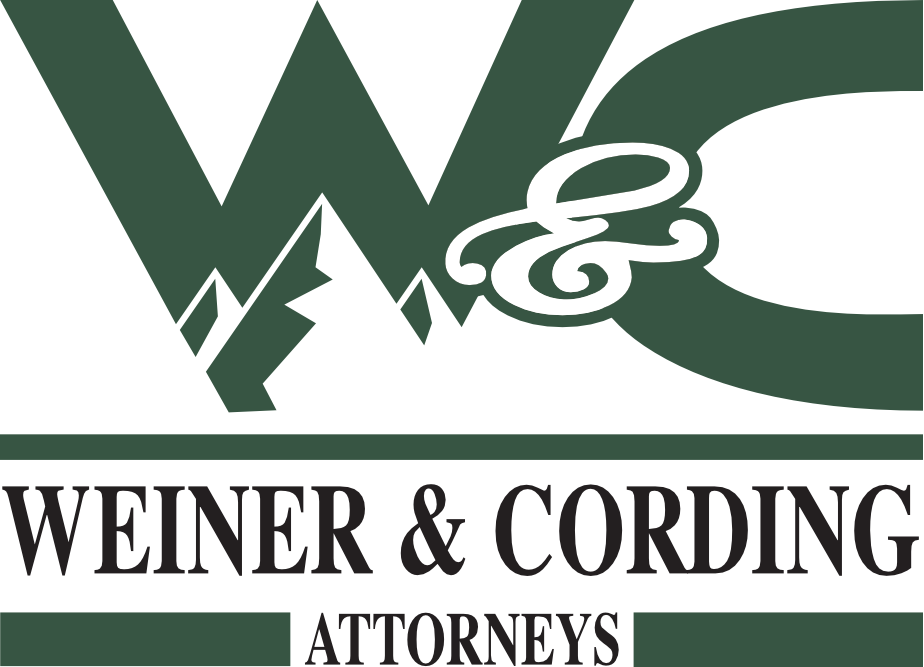This is Part 2 of the post, “Why Your Small Business Needs the Corporate Formalities.” This post is adapted from a short presentation Annmarie Cording gave regarding estate planning in Colorado. If you ever have any questions about estate planning, speak to an attorney licensed to practice in your state.
IV. Bad Reasons to Start Estate Planning
You want to avoid taxes altogether.
A good estate plan can maximize tax benefits, but you need to spend money to save money. In fact, estate plans can get so complicated and so expensive, it’s no longer worth the tax savings. The bottom line is that you will never avoid all taxes, and you do need to pay for the creation, maintenance, and administration of your estate plan.
You want to avoid probate.
Probate is the court system used to administer wills. Most people know very little about probate. They have no idea why they should avoid probate, just that it should be avoided. Doesn’t make much sense, does it? While it is sometimes advantageous to avoid it, probate is actually rather efficient in Colorado. Also, there are tools for avoiding probate outside of “traditional” estate planning, such as beneficiary deeds.
Anybody who’s anybody has a trust.
Not everyone needs a trust. Trusts can help maximize tax benefits and are also helpful in providing for heirs that may run amok if provided a lump sum of cash. Let’s be honest, your nephew in his freshman year of college probably won’t manage his inheritance very well. However, trusts are expensive and complicated to administer; they are not a substitute for a comprehensive estate plan and may not be necessary at all to effectuate your wishes.
You are climbing Mount Everest next week and you need an estate plan fast!
Okay, you probably do need an estate plan, and you could put something together quickly before your trip. But you will probably need a do-over later. Estate planning involves very important decisions and very important documents. It should take you some time, and if you rush through your estate planning you are probably missing something.
V. What happens if I pass away without a will?
A person dies “intestate” if they pass away without a will. Without a will, anything that would have passed pursuant to a will passes to the person’s heirs pursuant to intestacy laws, instead. Keep in mind that this does not include property in trust, life insurance proceeds, accounts with named beneficiaries, real estate subject to beneficiary deeds, and property owned in joint tenancy. This is because these types of assets simply pass to the surviving co-owner or to the named beneficiary.
Intestacy laws are found in the state probate code. Each state uses its own variation of the Uniform Probate Code (which was supposed to be uniformly adopted by all 50 states, but that never quite happened) so every state is different. The extremely simplified version of Colorado’s rules is that everything passes to your spouse, your kids, your parents, and/or your siblings, depending on who survives you. However, the rules are rather complicated. For instance, whether or not your living spouse is actually the parent of your living children will affect the division of your assets.
The law is always changing. We cannot guarantee that the information provided herein is current and accurate. Every situation is different. Do not refrain from seeking legal advice from a lawyer because of anything contained in this blog. Consult an attorney for individual legal advice regarding your own situation.
